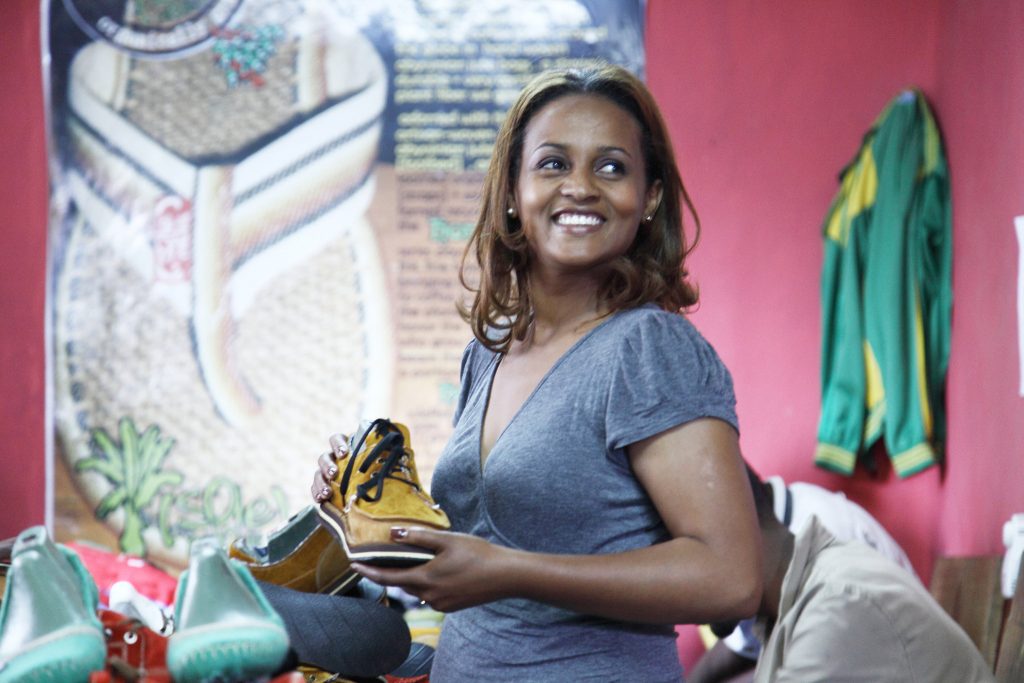
Partnership for Economic Policy (PEP) announced a new three-year research and policy partnership with the Mastercard Foundation that will identify what works to accelerate youth employment in Africa.
The initiative will provide evidence to inform the design and implementation of a youth employment policy in 10 African countries. It will contribute to the Mastercard Foundation’s Young Africa Works strategy, which seeks to enable 30 million young Africans, and particularly women, to access dignified and fulfilling work by 2030.
Teams of local researchers and policy stakeholders will carry out gender-aware policy and impact reviews in each of the 10 countries. The analysis and findings from these reviews will establish a body of knowledge on youth employment policy in Africa and will be stored in a new online knowledge repository. The evidence and resources generated by this initiative will promote more inclusive and rewarding work opportunities for young people, especially women and other marginalized groups.
This extensive and well-organized repository will provide access to resources and evidence to government officials, youth organizers, and other stakeholders. It will help policymakers and practitioners design more efficient, scalable, and better-targeted youth employment programs.
“PEP’s research-policy co-production model combined with a consultative approach seeks to foster ownership of the project outputs by the government, policy practitioners, and beneficiaries in each country. Mobilizing and uniting a range of stakeholders, including youth and youth organizations, as part of this approach should ensure the sustainability of the initiative and the long-term adoption of evidence-informed policymaking ,” said Professor Jane Mariara, Executive Director of PEP.
During the project cycle, the in-country project teams will receive training and mentorship from PEP’s international scientific and policy experts to ensure the quality and usability of the work. In many countries, youth work strategies have been developed in a fragmented manner, with some policies being duplicated while other potentially high-impact areas are neglected. For similar reasons, government financing is often spread too thin to achieve policy objectives.
” To be able to make equitable and sustainable decisions, policymakers urgently need access to a body of knowledge and evidence that will provide insights about emerging trends in the marketplace, real and potential disruptions, and current and future opportunities,” added Prof. Mariara.
” Youth unemployment remains a critical challenge and opportunity for the continent. But, to tap into the power of young people to drive economic growth, we need a clearer sense of what works – and just as importantly what doesn’t work – to enable opportunity. This information is important for all decision-makers,” said Daniel Hailu, Mastercard Foundation Regional Director, Eastern and Southern Africa .

